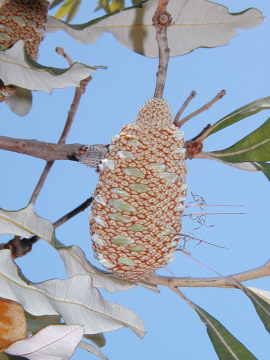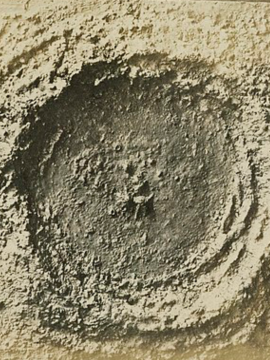In Defence of Rome’s Starlings
Paul Scully
Some say they have always been here, pattern
auguries their ancient fame; others, that a species-drift
southward around the time of the jazz age renewed
their numbers.
By whatever ark of arrival or remaining,
the plane and ilex trees, the cypresses swollen
into night-roosts, murmur with comfort and lore,
forage sites swapped for warmth, density the currency
of survival amid this melody of Italian place names.
The peregrine falcon is ever-present, ever-vantaged,
eyesight that scans a mile out, unmatched speed,
reaction time thirteen times as fleet as man’s.
If our eyes held their gravity, they would weigh
four pounds and span three inches.
To the artist,
when the starlings take to the sunlit wing,
they are rhapsodies of graphite, a shape-shifting
stencil, a pointillist accordion.
To the scientist,
they blur the peregrine’s laser, crowd out
the singular prey, each bird the vertex
of a seven-pointed star that, with its confidants,
knits a synaptic galaxy of beauty and evasion. Each bird
senses the flock through its seven peers as the centre
expands, the flank contracts, speed unwavering
despite the alternating appearance. On the computer
screen the mystery unbuttons, the awe swells anew.
Feature image by Eliza Brightwen


